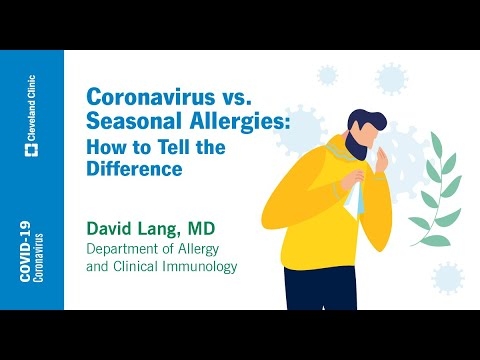Many moms are surprised to experience feelings of sadness after giving birth to their baby, even though it is actually quite common. These general feelings of sadness, often called the "baby blues," last for about two weeks. When the feelings of depression become more severe and last longer than two weeks, it may be considered postpartum depression. This serious condition affects 20 percent of new moms.
Postpartum depression can come on at any time during the year after delivering your baby, and some women are more at risk depending on their family situation and stress level. For example, increased risk factors include a history of depression, trouble breastfeeding, relationship troubles, and lack of support system.
The symptoms of the “baby blues” include mood swings, crying, and anxiety, often beginning in the two to three days following delivery. Symptoms of postpartum depression are long lasting and can include change in appetite, irritability, insomnia, withdrawing, fatigue, and panic attacks. Some women who suffer from postpartum depression also experience suicidal or negative thoughts and withdrawal from loved ones, and may have thoughts of harming their baby.
A more severe form of postpartum depression is postpartum psychosis, which can involve hallucinations, disorientation, obsessive thoughts, paranoia, and attempts to harm self or baby.
Many mothers wonder what causes postpartum depression, but the exact cause is not known. Hormonal, chemical, psychological, and environmental factors all contribute to postpartum depression. For example, the sudden hormonal changes after having your baby can make it difficult to adjust, and sleep deprivation contributes to anxiety.
If you feel that you are dealing with postpartum depression or postpartum psychosis, talk to your doctor immediately. Many moms feel embarrassed to admit that they are experiencing sadness in the months following having a baby, but understanding that it is common and treatable can help.
To recover, your doctor will likely suggest that you rest as much as possible and connect with other parents. You may need to talk with a mental health provider or explore medications that can help.
















.jpg&w=300&h=320)
.jpg&w=300&h=320)
.jpg&w=300&h=320)
















